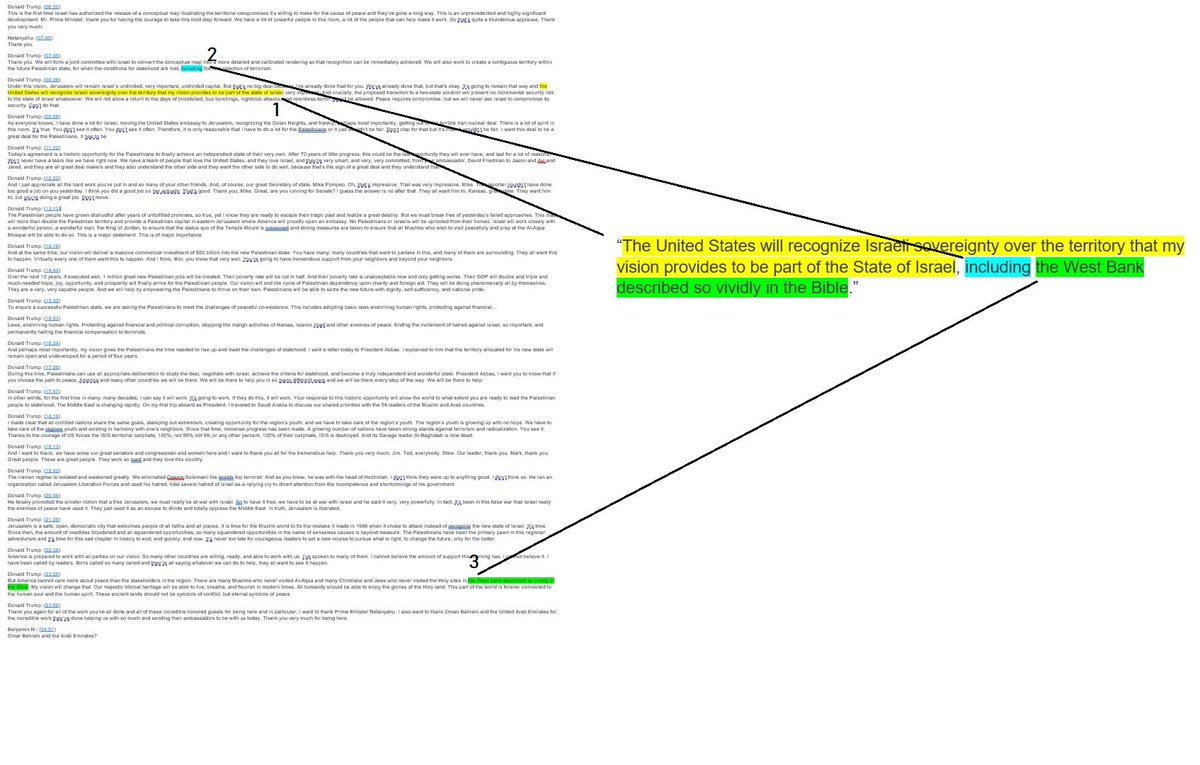
This is…actually…true. And it's actually insane. As a wave of antisemitic assaults makes headlines, Rutgers condemned antisemitism—in a letter condemning all bigotry against all groups including Muslims—but then apologized after complaints from Palestinian students.
https://twitter.com/IzaTabaro/status/1398273337915281414
Please read the letters.
First:
newbrunswick.rutgers.edu/chancellor/spe…
Second: newbrunswick.rutgers.edu/chancellor/apo…
Can anyone defend this?
First:
newbrunswick.rutgers.edu/chancellor/spe…
Second: newbrunswick.rutgers.edu/chancellor/apo…
Can anyone defend this?
Jewish students at Rutgers should be incensed. So should Jews everywhere. So should Muslims and Asians and anyone else who have been targeted with waves of violence. And who hasn't.
Condemning a specific bigotry during a wave of that specific bigotry should be okay.
Condemning a specific bigotry during a wave of that specific bigotry should be okay.
I'm afraid, though, that many of the Jewish students won't express their outrage. They'll internalize the overall message being sent by @RutgersU's @cjmolloy1 and @FConway11:
That, upon review, they don't really matter. That they can't and shouldn't condemn antisemitism.
That, upon review, they don't really matter. That they can't and shouldn't condemn antisemitism.
And now we're buried under a layer cake of antisemitism:
* There's a wave of antisemitic assaults across the country
* Rutgers apologizes for expressing concern about the antisemitism and all bigotry
* And—please prove me wrong!—mainstream commentators won't criticize Rutgers
* There's a wave of antisemitic assaults across the country
* Rutgers apologizes for expressing concern about the antisemitism and all bigotry
* And—please prove me wrong!—mainstream commentators won't criticize Rutgers
And we know—we all know—that something like this apology would never happen in response to a similarly worded letter condemning a wave of anti-Black, anti-Asian, or anti-Muslim violence.
And we know if it did, NPR, the NYT, late night comedians would skewer Rutgers. But Jews.
And we know if it did, NPR, the NYT, late night comedians would skewer Rutgers. But Jews.
As noted by @ProfDBernstein, Students for Justice in Palestine demanded the apology for the school's condemnation of antisemitism. And they weren't condemned. They were indulged. By the chancellor and provost of Rutgers. reason.com/volokh/2021/05… 

8/ What could possibly go wrong, after all, if people start getting the message—@RutgersU's message—that their violent acts of antisemitism won't even be condemned?
https://twitter.com/bungarsargon/status/1398290027742892043
This should be said clearly: The SJP's note is an example of antisemitism.
* To demand someone apologize for condemning antisemitism is antisemitism.
* To protest that attention is being "deflected" to Jews is antisemitism.
* To put scare quotes around "hate" is antisemitism.
* To demand someone apologize for condemning antisemitism is antisemitism.
* To protest that attention is being "deflected" to Jews is antisemitism.
* To put scare quotes around "hate" is antisemitism.

• • •
Missing some Tweet in this thread? You can try to
force a refresh







